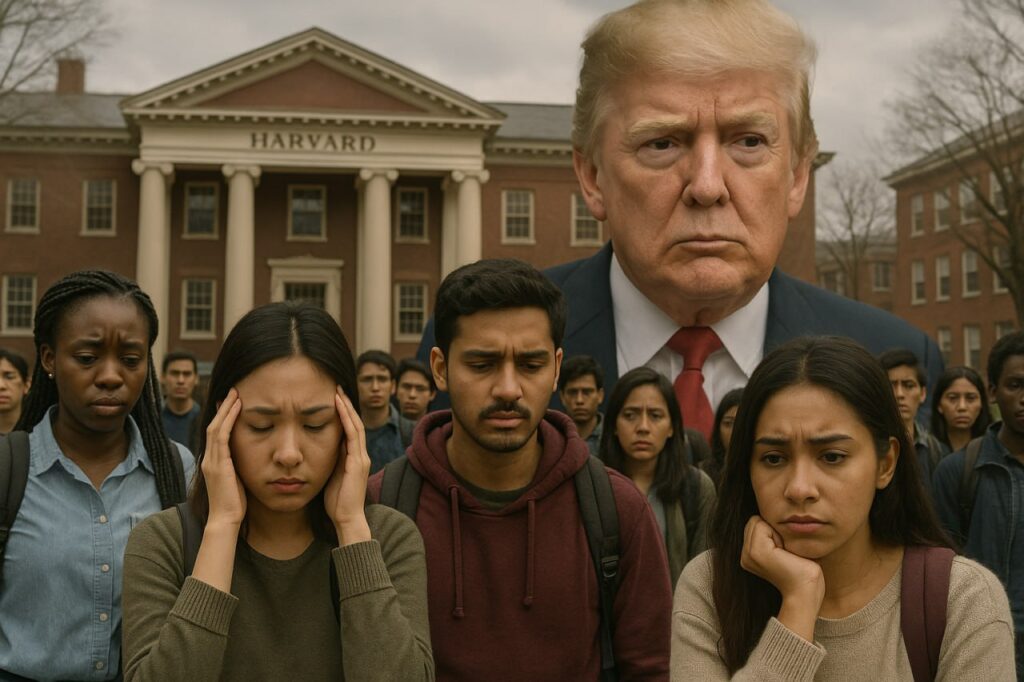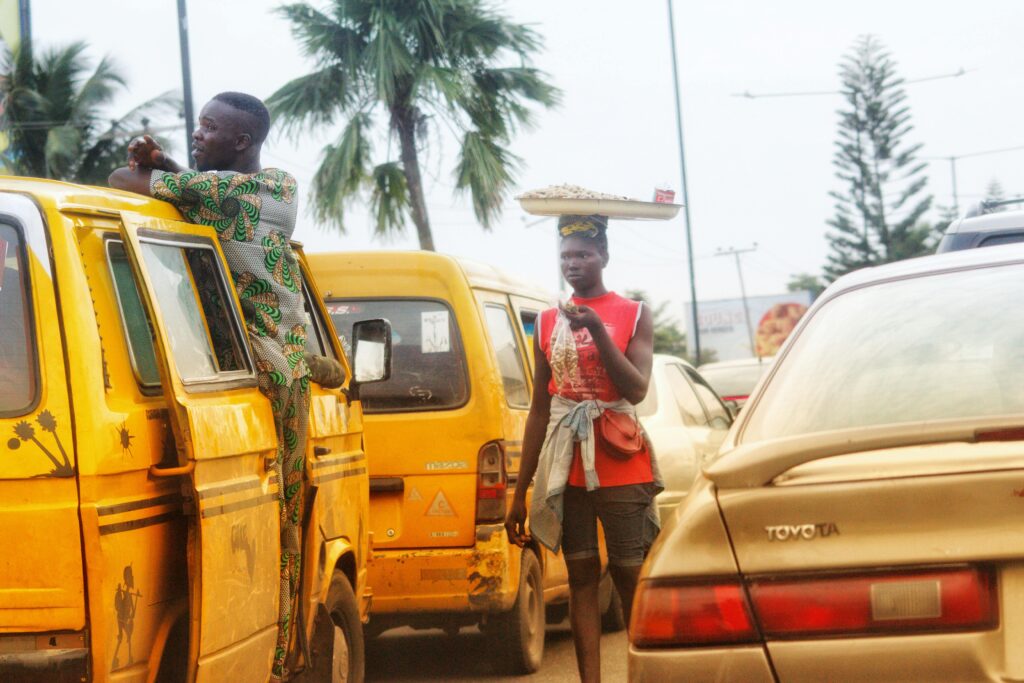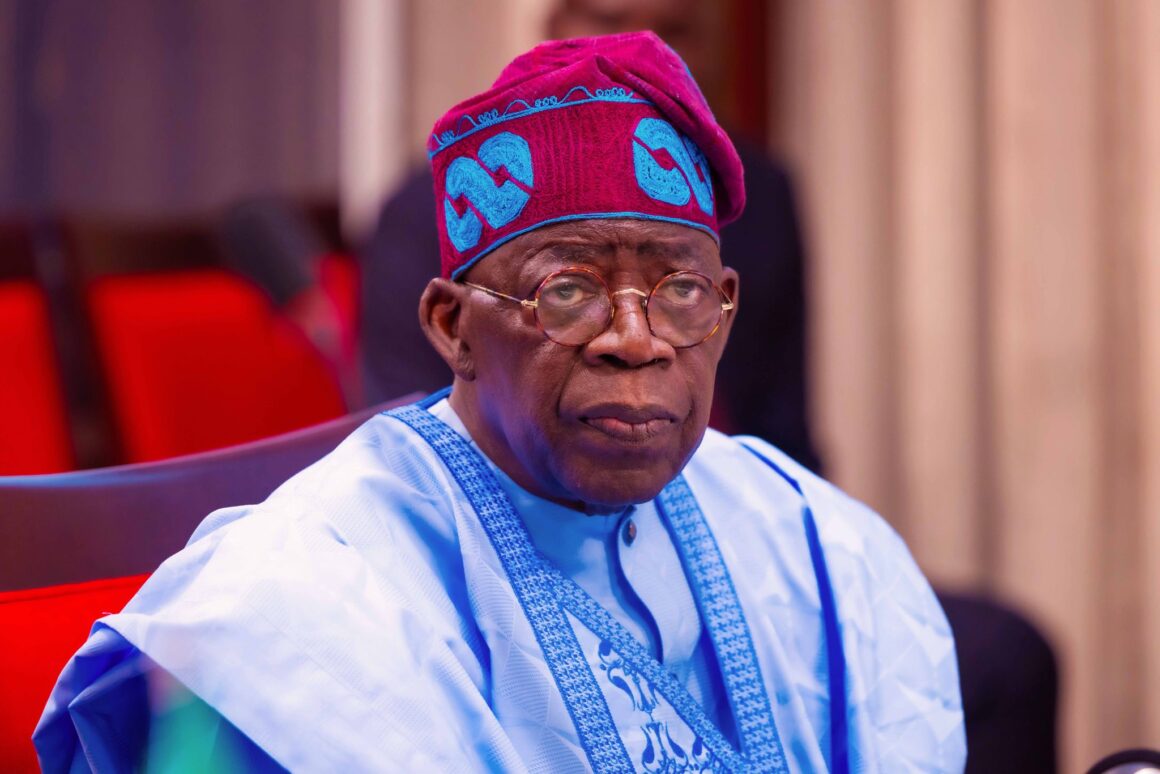President Bola Ahmed Tinubu marks his second year in office today. This milestone has become one of the most controversial presidential anniversaries in Nigeria’s recent democratic history. From the outset, Tinubu’s administration was clouded by allegations of electoral irregularities and ethical concerns. This set the tone for a presidency marked as much by spectacle as by substance.
What followed has been a deeply polarizing tenure, with governance shaped by sharp regional loyalties and an assertive consolidation of power. Many describe this period as marked by a steady erosion of institutional integrity.
Central to the criticism of Tinubu’s rule is the growing perception that Nigeria’s democratic norms and civic freedoms are being hollowed out. Civil society leaders, legal scholars, and international observers have raised concerns about growing state intolerance of dissent. They point to the weaponization of security agencies and an alarming culture of impunity across all levels of government. This environment, critics argue, not only stifles accountability but also threatens the very foundation of Nigeria’s fragile democratic experiment.
As political discourse prematurely shifts toward the 2027 elections, there is rising concern that governance has taken a back seat to political maneuvering. The relentless focus on retaining power, rather than addressing rampant insecurity, economic hardship, and deepening social divides, is concerning. It raises urgent questions about the direction of the country.
At a time when unity and inclusive leadership are desperately needed, many Nigerians are left with growing concerns. They are asking whether Tinubu’s presidency is steering the nation toward progress — or entrenching dysfunction and division.

From Buhari to Tinubu: A Legacy of Authoritarian Continuity
President Muhammadu Buhari’s era laid the groundwork by centralized power, weakened institutions, and normalized disregard for civil dissent. But what Tinubu inherited, he didn’t just continue. He doubled down.
Under Tinubu, authoritarianism no longer hides behind technocratic promises. Instead, it parades openly in full view. This has manifested in the repression of opposition voices and the compromising of the judiciary. It has also fostered a political culture where allegiance is bought, and dissent is punished.
Think of it like this: Buhari wrote the rulebook on Nigeria’s recent democratic backslide. Tinubu turned it into a playbook.

The Trump Effect: Bigotry Goes Mainstream
Just as Donald Trump’s presidency in the U.S. emboldened hate speech and white nationalism, Tinubu’s leadership in Nigeria has emboldened ethnic bigotry. It has also deepened sectional favoritism.
What used to be whispered behind closed doors has now become loud, proud, and sometimes violent. Forbidden concepts like tribal bias, religious prejudice, and regional superiority are now messages that are freely shared and propagated with impunity. This administration simply passed the message that “It’s okay to be a bigot, as long as you win.”
This approach has deeply fractured an already fragile country, and Nigeria’s celebrated diversity is now treated like a threat rather than a strength. This normalization of division doesn’t just alienate, it weaponizes identity.

The Toll on Nigerian Youth: Dreams Deferred
Today’s young Nigerians are bearing the brunt of a political system rigged against their future. Unemployment is still sky-high. The cost of living has skyrocketed. Insecurity has made even basic mobility a privilege.
Many youths are forced to choose between risking their lives in search of better abroad or settling for survival at home. Worse still, many are being pushed toward despair or radicalization. As security expert Dr. Mohammed Sani warned, when governance fails to deliver fairness, justice, and opportunity, it creates a dangerous vacuum. In such conditions, young people become vulnerable to extremist ideologies.
This is not because they are evil, but because they are hopeless. If this continues, the long-term effect is going to be a generation alienated from their country, with dreams stunted and futures stolen.
Under President Tinubu, the National Bureau of Statistics (NBS) reported youth unemployment at over 40% in 2023. Underemployment was also significantly high during this period.
Inflation now at 30%
Inflation has surged past 30%, driven largely by the abrupt removal of fuel subsidies and the floating of the naira. These were all policies introduced without social safeguards.
As a result, transport costs have more than doubled, and food prices have tripled in many states. University graduates now find themselves in the informal sector, hustling as ride-hailing drivers, vendors, or simply idle. These economic shocks have disproportionately affected the youth, especially those from lower-income backgrounds. Without the necessary networks and capital, many struggle to navigate these challenges.
In the education sector, funding cuts and systemic neglect have left public universities in disrepair. The Academic Staff Union of Universities (ASUU) has warned of another impending strike over unpaid wages and deteriorating learning conditions.
Meanwhile, tech and creative industry hopefuls—once touted as the “New Economy” by previous administrations—now face dwindling opportunities. This is due to reduced foreign investment and unstable infrastructure.
For many young Nigerians, ambition has become a luxury. With the government’s priorities seemingly focused more on political consolidation than youth development, the country’s future workforce is at risk. Many young people face becoming a lost generation — disillusioned and disenfranchised.
The Business of Politics: Defections and Opportunism
Under Tinubu’s Nigeria, politics in Nigeria has become a market where loyalty is for sale and ideology is irrelevant. The wave of defections to the ruling APC isn’t about shared vision or belief in a cause. It’s about survival, access, and contracts.
As Dr. Sani bluntly put it, “Our politicians are just businessmen masquerading as leaders.” That leaves the average Nigerian trapped in a broken system where public office is about profit, not people.
A Crossroads for Nigeria and Its Youth Deserve More Than Survival
Conversations around 2027 are already dominating the political space and the Tinubu administration stands at a critical decision making crossroads. The Tinubu administration could continue in this destructive directory or persist in a divisive and exclusionary approach to governance. Or they could pivot toward building a truly inclusive, equitable, and secure Nigeria.
This moment calls for more than rhetoric, it demands coherent people-centered actions. Investing in youth employment, reviving the education sector, and restoring trust in institutions are not optional. Addressing the root causes of insecurity is also an urgent necessity.
If current trends continue, Nigeria risks losing its greatest asset which is its youth. Whether by fleeing abroad, fading into disillusionment, or being driven to resistance, millions of young Nigerians are at a breaking point.
This is a path no democracy can endure for long. Reversing this trajectory requires genuine political will starting with prioritizing human development over party politics, dialogue over repression, and merit over patronage.
Nigeria is bleeding and this can be seen as economically, socially, and spiritually. But this it is not beyond saving. The government must act now. It should expand job creation schemes beyond tokenism, fund quality education and vocational training, and enforce justice and accountability. Additionally, creating safe spaces for youth participation in governance is essential for lasting change.
For every student, entrepreneur, activist, or dreamer reading this, the question isn’t just what the government will do, it’s also what you will demand. Will you allow this system to shape your future, or will you rise to shape a better future for Nigeria?


Leave a Reply